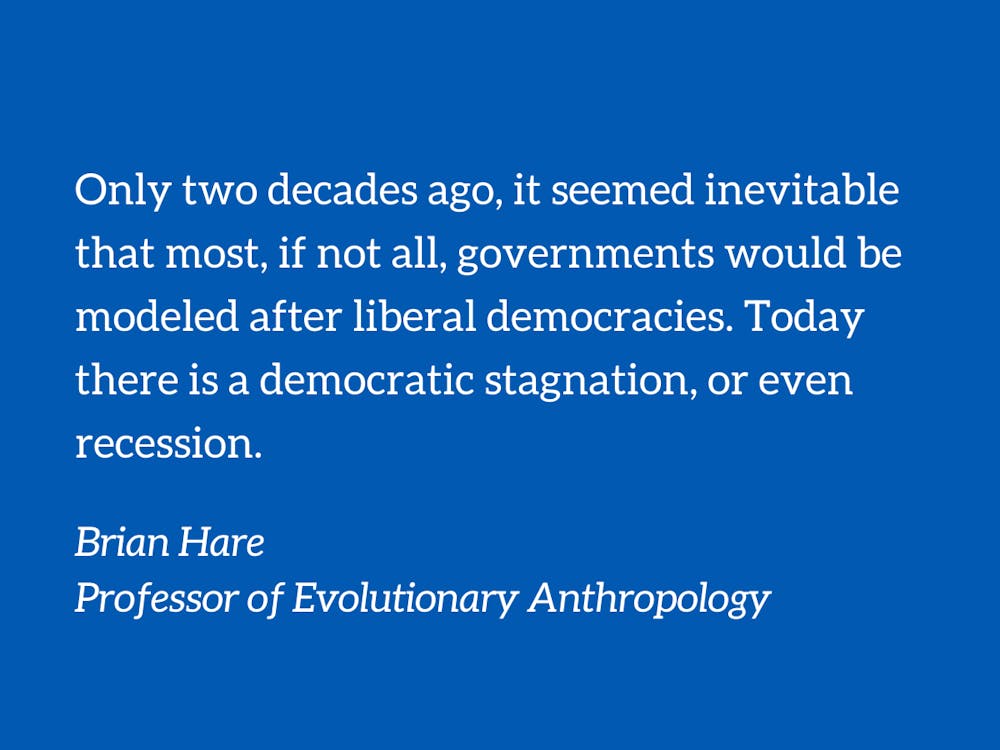Winston Churchill once stated, “democracy is the worst form of government except for all those other forms that have been tried.” Only two decades ago, it seemed inevitable that most, if not all, governments would be modeled after liberal democracies. Today there is a democratic stagnation, or even recession.
The United States, the cradle of representative democracy, was downgraded to a “flawed democracy” by the Economist in 2016. In 2022, the same Democratic Index only rated 8% of the world’s population as living in a “full democracy” while 37% live under autocratic rule (about 3 billion people).
The slide may continue. Autocrats like Nicholas Maduro in Venezuela are preventing the birth of democracies by using violence against peaceful protestors and arresting opposition leaders. Nascent democracies are also being violently attacked. Myanmar’s military junta forcefully removed Nobel Laureate Aung San Suu Kyi and her freely elected government in 2021, while Ukraine’s democratically elected government continues to bravely hold off Russia’s invasion.
Even established democratic states across Europe are under threat, as right-wing nationalist parties that favor autocratic rule are on the rise. Other democratic governments including India and Israel have seen democratic norms sharply erode while, on the heels of Hong Kong’s democratic collapse, Taiwan’s decades old democracy is increasingly under threat from China.
Here in North Carolina, there are major concerns about both voter fraud and voter disenfranchisement. Some believe we need more protection against fraudulent ballots being cast. Others fear newly enacted NC voter fraud laws will only make it harder for young voters, and especially college students, to vote.
Will democracy survive? Can it thrive? Will it get better on its own? As a citizen, why should we care and what role can we all play?
A number of faculty and students from across the university have agreed to contribute to a column here in the Chronicle to help facilitate discussions on the virtues of democracy. All of our contributors have expertise in the areas they have volunteered to cover. They are from Trinity College and the Sanford School of Public Policy, and cover a wide range of disciplines: political science, philosophy, psychology, biology, anthropology and more. While our contributors bring diverse opinions and perspectives, they all share the common belief that exploring how democracy can be a powerful positive force in our world is vital to all our futures.
As the reader you are also invited to participate. One or two pieces will run in this series each week. Students, faculty and alumni are invited to respond with their own opinions in the Chronicle, or you can just discuss with your fellow Blue Devils in class or on the quad.
We look forward to an open discussion that itself is a celebration of democracy.
Brian Hare is a Professor of Evolutionary Anthropology. This piece is part of the “Virtues of Democracy” column, a series of op-eds by faculty and student contributors across Trinity College and the Sanford School of Public Policy. The column typically runs on Tuesdays or Thursdays.
Get The Chronicle straight to your inbox
Signup for our weekly newsletter. Cancel at any time.

